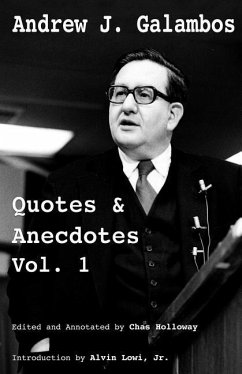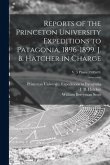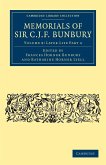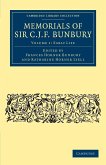Andrew J. Galambos was an astrophysicist and mathematician who created the first potentially practical proto-science of society, which he called "Volitional Science." He was born in Budapest in 1924, moved to New York City at one year old, and later lived in Los Angeles.As a social philosopher, he had much in common with his classical liberal contemporaries, but he took free market concepts further than anyone ever had. Influenced by Robert LeFevre, he espoused a completely stateless society, then developed the scientific epistemology to explain how such a social system could work. He called his ideal community, The Natural Republic. His ingenious work was a significant influence on Free World Theory.Well-known libertarian author and 1996 Presidential candidate of the Libertarian Party, Harry Browne, wrote of Galambos: "He was an astrophysicist, but I refer to him as 'the unknown libertarian' because he never wrote a book or appeared on national radio or TV. His renown will be limited mostly to those who came in personal contact with him. But he had a profound effect on thousands of individuals who took his courses-who in turn affected others. Undoubtedly the ripples from the stones he dropped eventually touched some of today's leading libertarians."Harry Browne didn't know that some of Galambos' most important lectures had been transcribed into a book called Sic Itur Ad Astra, and that it was taken out of circulation by a group of people who believed his ideas should be repressed. This group, who through legal manipulation had come to control his literary estate, even destroyed hundreds of audio recordings of lectures that Galambos made during his lifetime. They had apparently concocted a weird fantasy in which they believed the best way to protect his ideas was to destroy them. They wanted absolute control over how Galambos' ideas would be used, and when they realized it was impossible, they preferred to obliterate his ideas from the planet rather than have them "mutilated" by the "impure."I knew Andrew Galambos and that is not what he wanted. To him, the single most important thing was that people of the future use and propagate his ideas. Yet his life's work was annihilated by this group of bizarre cultish followers who, in my opinion, were criminally insane. So the purpose of this book is to make sure Andrew Galambos is not forgotten. Here are some quotes, aphorisms and anecdotes - a few rescued fragments of a great thinker's mind - to give future researchers some insights into his unusual personality. -- Chas Holloway
Hinweis: Dieser Artikel kann nur an eine deutsche Lieferadresse ausgeliefert werden.
Hinweis: Dieser Artikel kann nur an eine deutsche Lieferadresse ausgeliefert werden.








